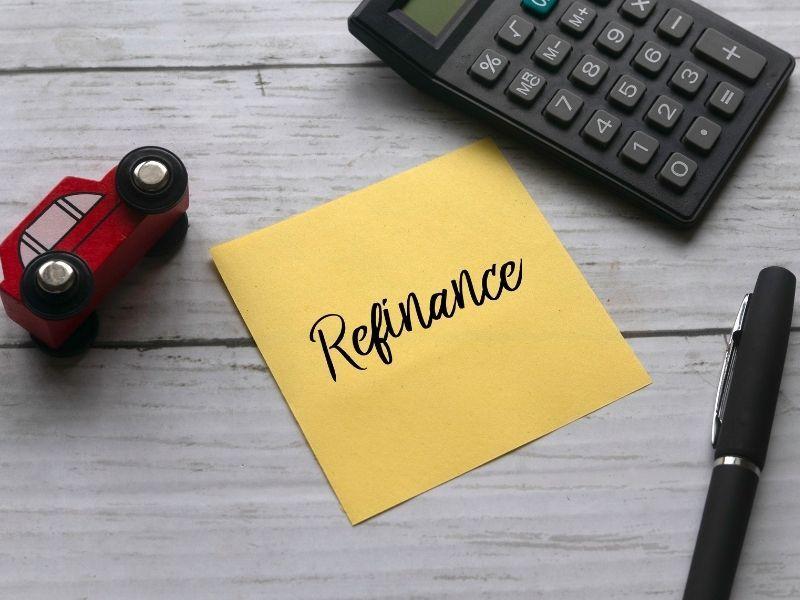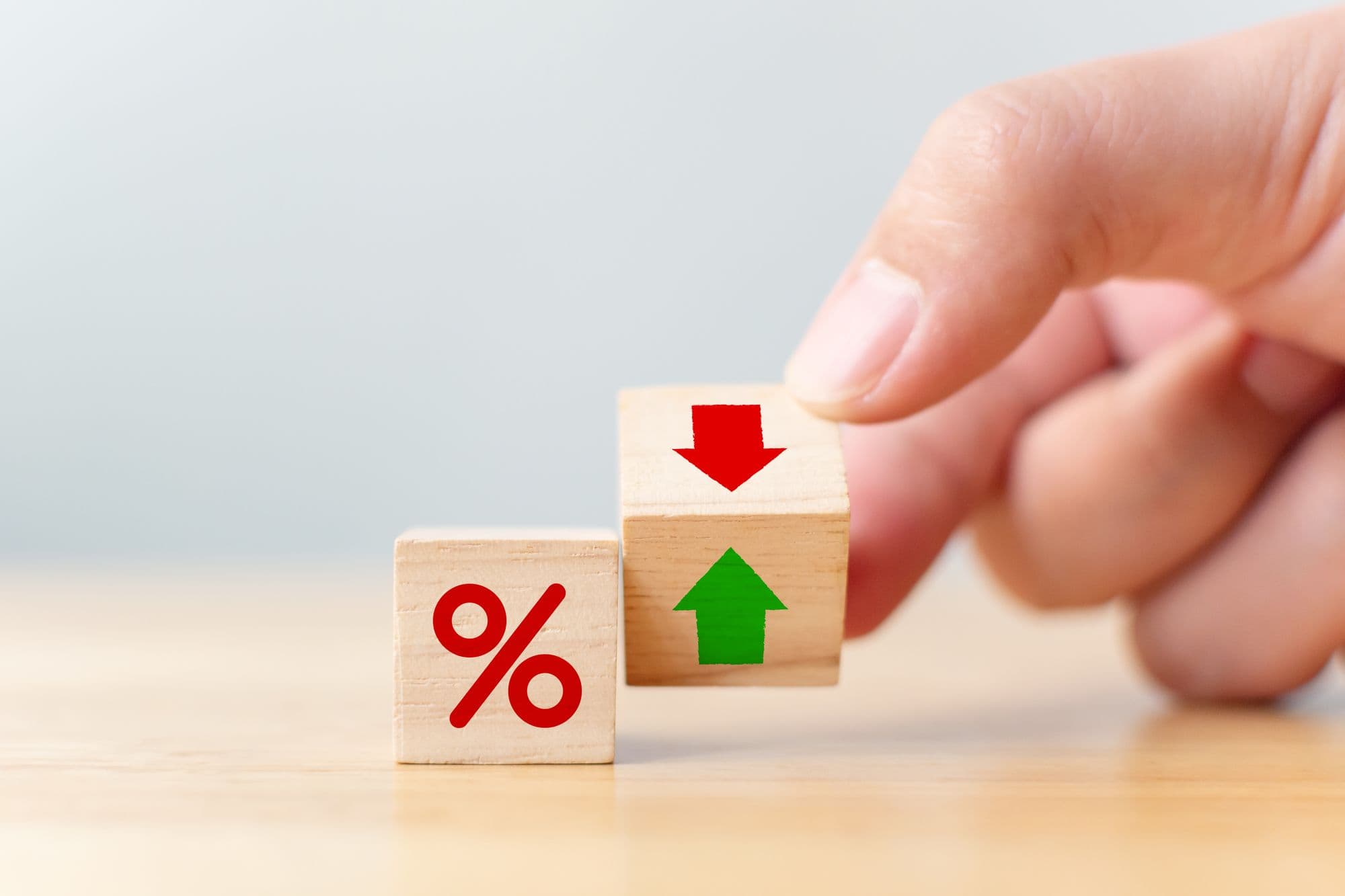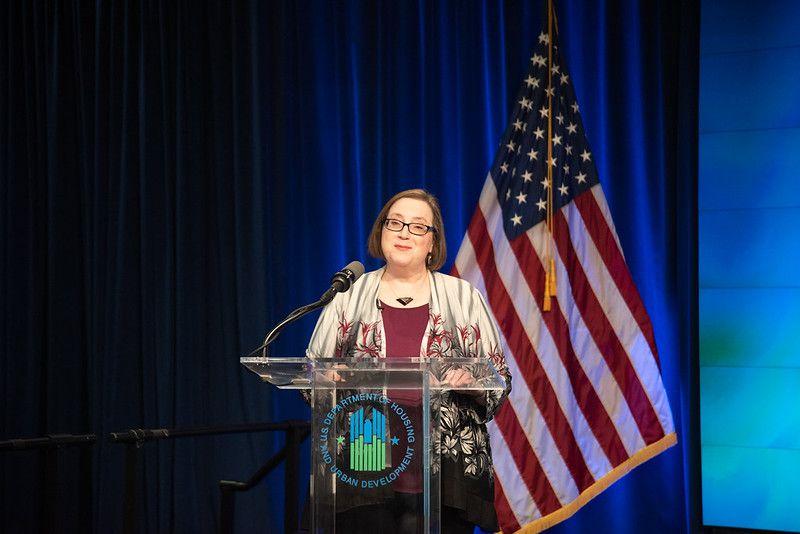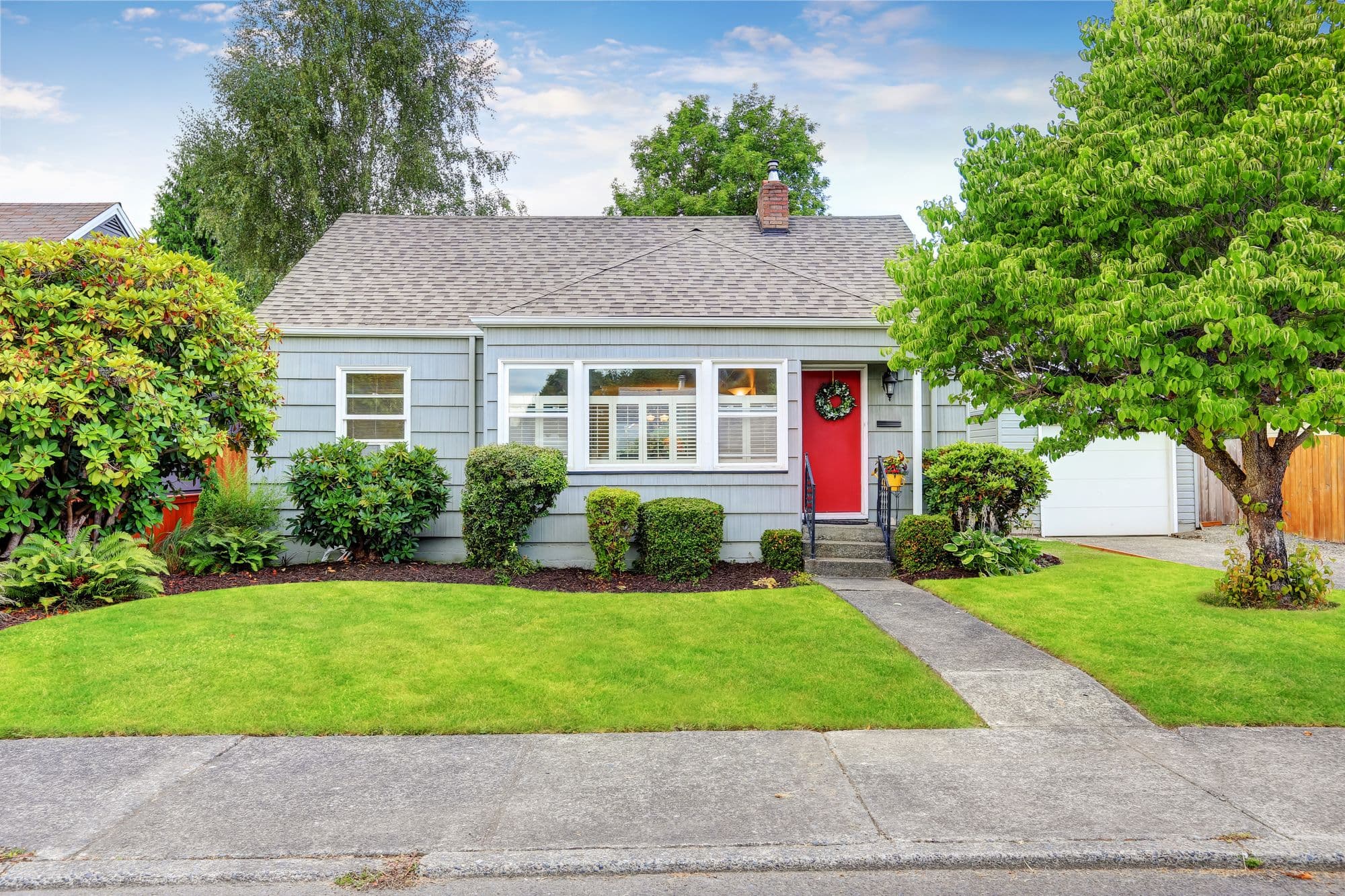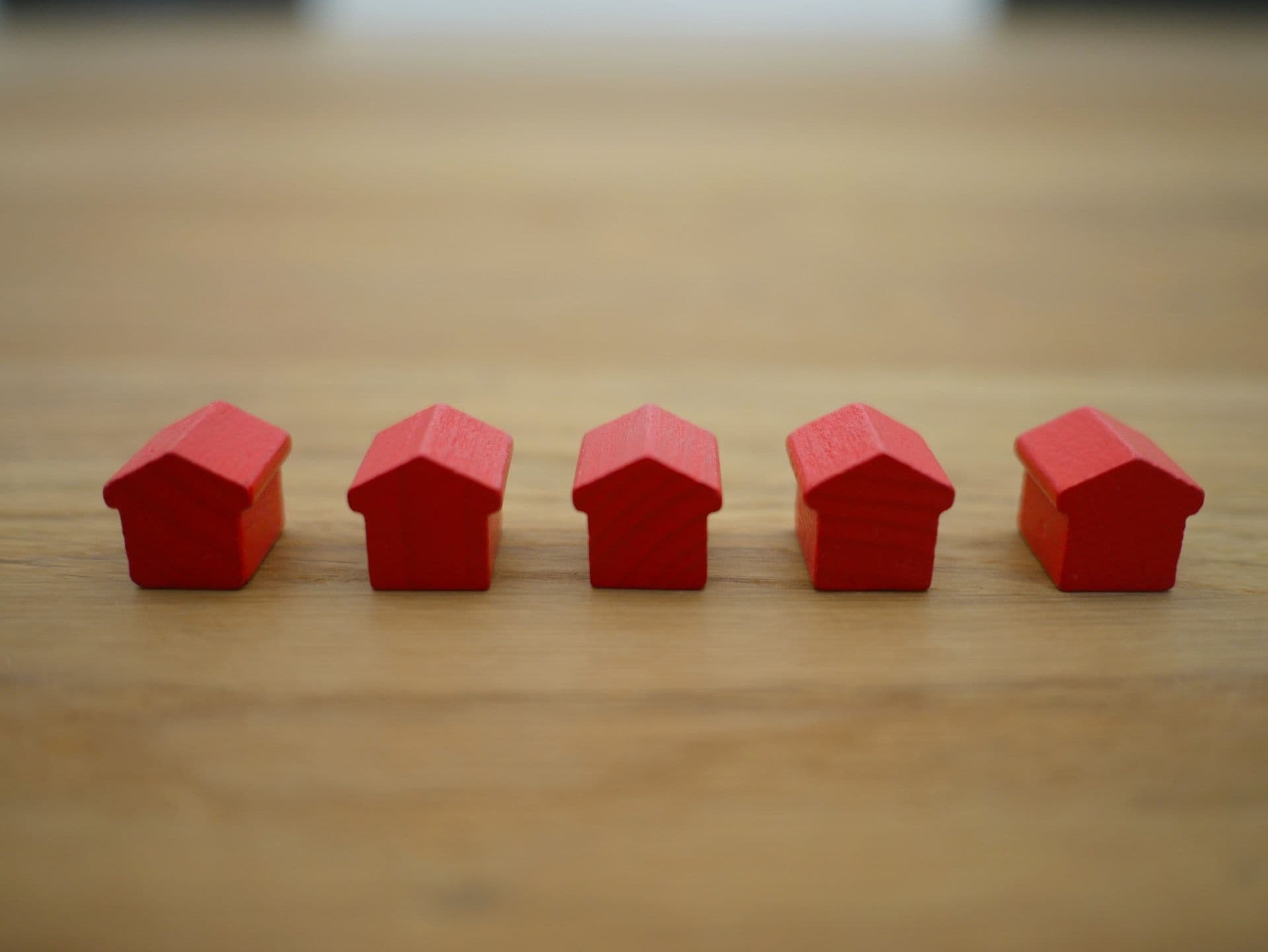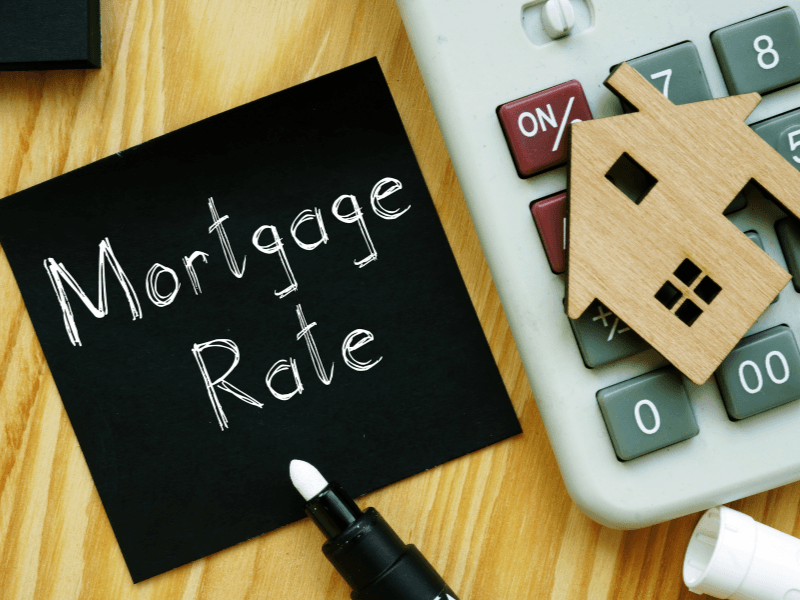
Rising Interest Rates Make Homes Less Affordable
See how the market is reacting as rates continue to climb.

Mortgage Interest Rates Highest in Over a Decade
The nationwide average 30-year mortgage rate hit 5% last week for the first time since February 2011. This increase in the cost to borrow has a significant impact on what homeowners are able to pay when buying a house.
Home prices have skyrocketed over the last several years in part because of historically low mortgage rates. Low mortgage rates mean homebuyers who finance their purchase will have low monthly payments relative to the amount borrowed. When rates rise, if a buyer has a payment threshold, their maximum purchase price must be lowered to meet the targeted payment.
Prior to the Covid-19 pandemic mortgage rates moved up and down in the 3.5% to 4.5% range for most of the last decade. A healthy housing market sustained rates in this range with property value growth rates in the somewhat normal single digits. However, when the coronavirus appeared mortgage rates began to fall. Approaching 2.5% for a 30-year fixed rate, leading to a housing boom as homebuyers could now qualify for larger mortgage amounts.
Now that mortgage rates have reached levels that buyers aren’t used to, sellers may see the need to lower prices.
Do higher mortgage rates flip a seller’s market into a buyer’s market?
Sellers have had quite a run. Home appreciation has led to huge profits for home sellers. Cash buyers and low mortgage rates create bidding wars. And bidding wars create housing booms.
We’ve all heard the stories. A buyer makes a full price offer only to lose the home to a cash buyer from out of state who offered 10% above list price. This seemed to happen over and over and over again. Home prices soared and sellers had it easy. They could say no to inspections, no to concessions, no to FHA loans, and even no to VA loans. If there weren’t any cash buyers, there would be a larger pool of qualified buyers given the low interest rates.
Now that rates are higher, does that mean it’s now a buyers market?
Let’s assume home values come down, which as of now there isn’t much to indicate that will happen. Price reductions are increasing, but home prices are still up substantially year over year.
Lower home values plus higher interest rates only mean homebuyers can afford less home for the same monthly payment they would have paid when rates were lower. Hardly a buyer’s market.
Of course, home prices are not falling, so buying power for those needing mortgage loans is substantially decreased. Buyers are simply not able to spend as much on their new home as they could a year ago.
Should I wait for mortgage rates to go down before I buy a home?
Buying a home is a huge decision. It is almost always recommended to consult with professionals when taking on such a large financial obligation. Mortgage rates can be volatile, and trying to time the market can be futile. Get multiple quotes from multiple lenders to ensure you are receiving a proper offer.
We all want the best deal. Whether you are a buyer or seller, interest rates affect the transaction. Higher rates are worse for both parties.


